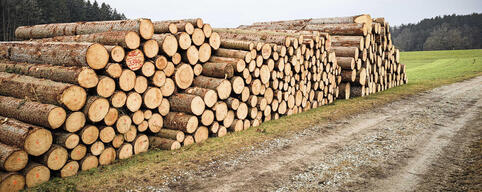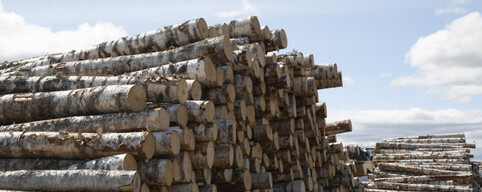

The application of import tariffs on wood products between Europe and the US is a hot topic of discussion in the Latvian timber industry. The Latvian Wood Industry Federation has taken the position that Europe should apply import tariffs on US wood products only as a retaliatory step if the US, for its part, adopts similar measures against European products. Such a step would be friendly to relations and would prevent sharp conflicts in international trade.
The European Union recently announced the planned suspension of import tariffs on US wood products for 90 days after the US decided to postpone planned increased import tariffs on European wood products. This move is seen by experts as a strategic tactic to avoid provoking the US into uncontrolled trade frictions and to preserve favourable economic relations.
In economic relations, the US market is much more important to Europe than Europe is to the US market. For this reason, Europe seeks to avoid any escalation of the situation that could have a negative impact on economic relations and be detrimental to both sides. The US is one of Latvia's largest export markets for wood products, so any changes in tariff policy could have a significant impact on Latvian exporters.
Latvian politicians have been praised for their active work in defending Latvia's interests in the international arena. They recently successfully argued against the introduction of import tariffs on US wood products, stressing that such tariffs would harm not only the Latvian economy but also the common economic interests of the European Union.
The future of relations between the US and the European Union seems uncertain, given the current precarious state of international relations. It is unclear how the relationship between the two sides will develop in the context of trade in wood products. Trade conflicts could have long-term negative consequences, but serious efforts on both sides to engage in dialogue and to find a balance point to a possible future reconciliation.



